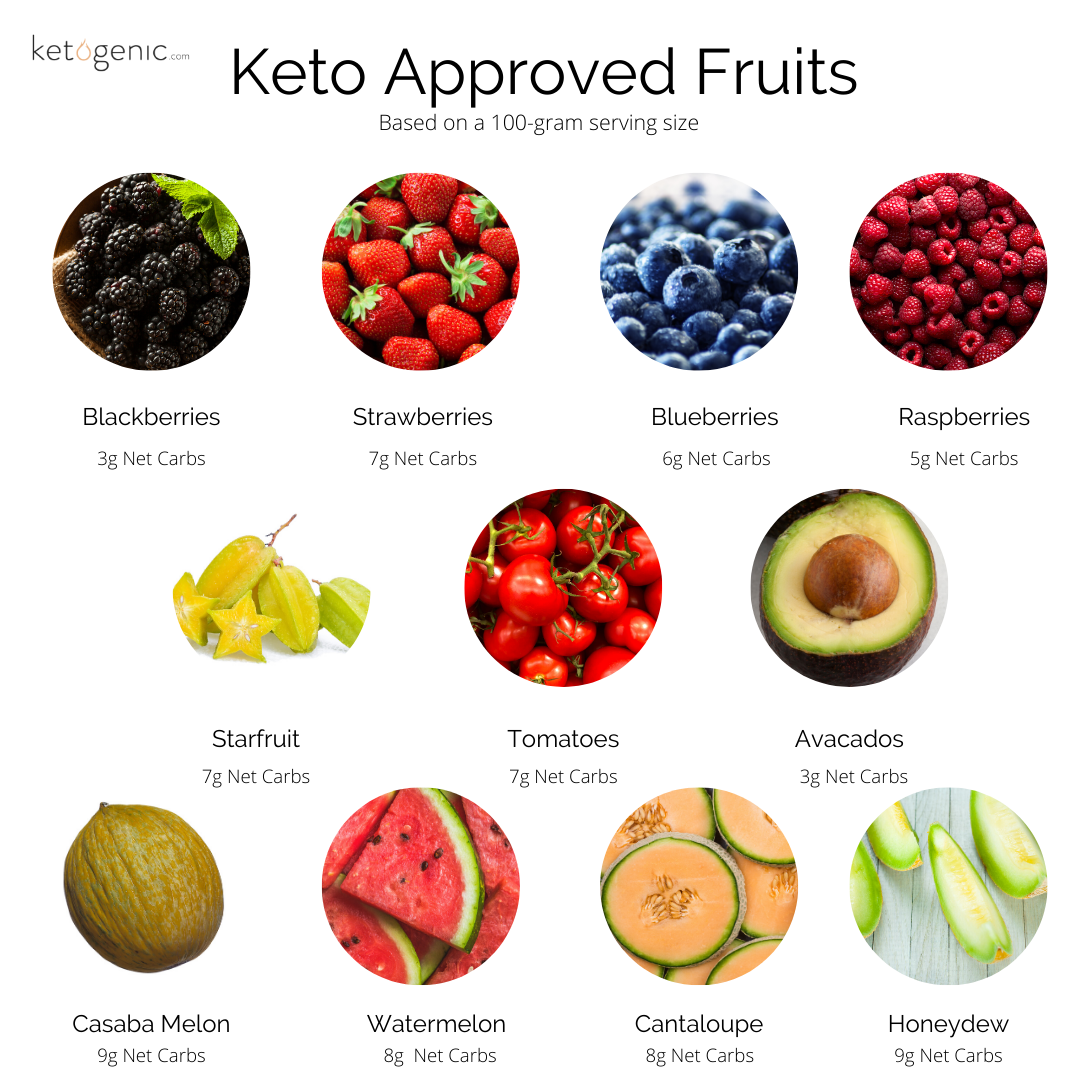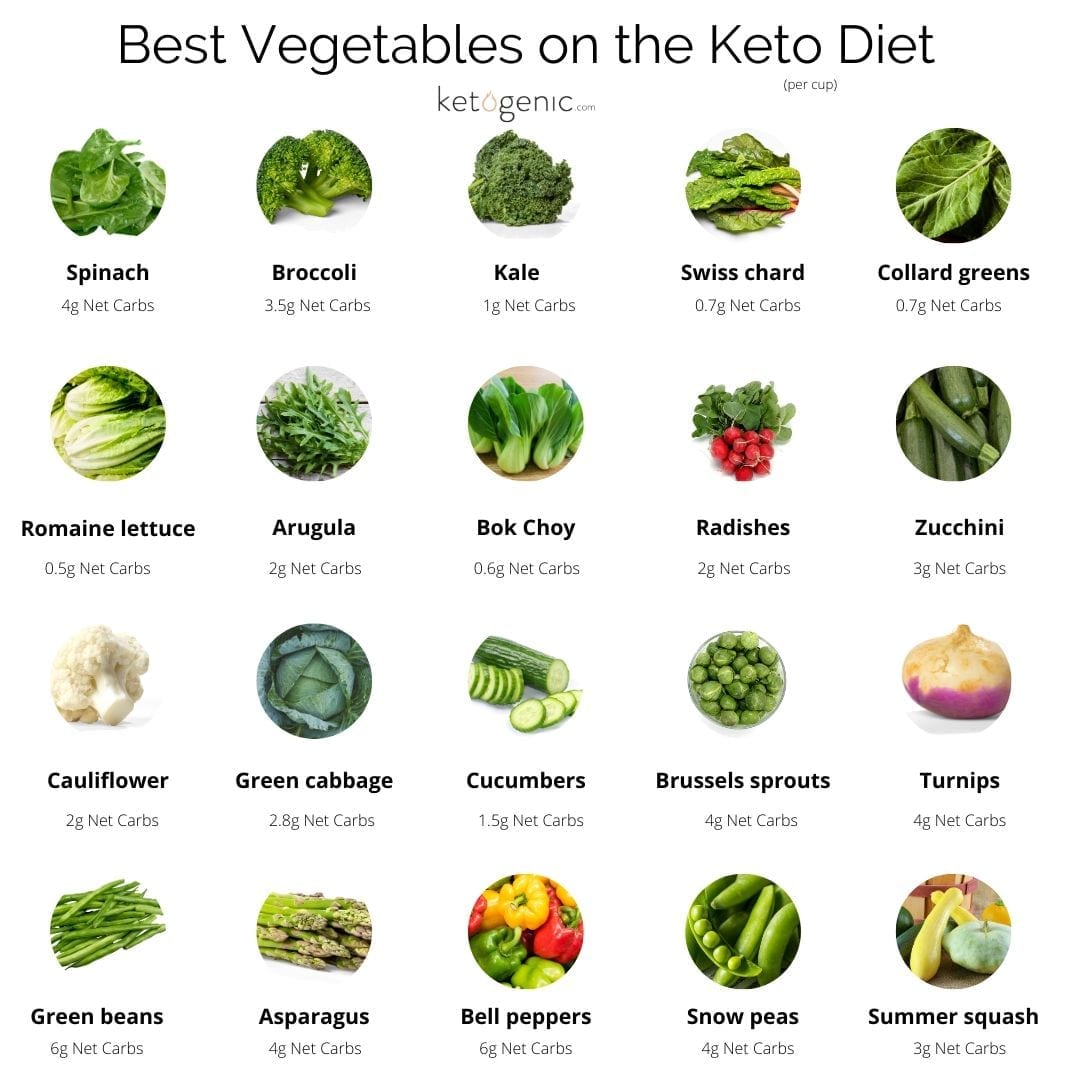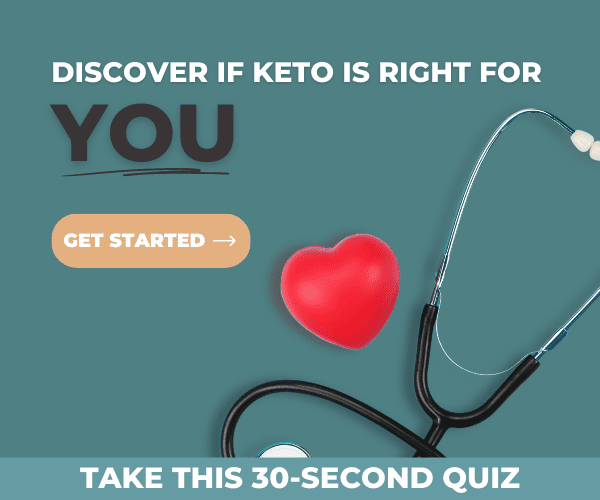What are Micronutrients and Why are They Important?
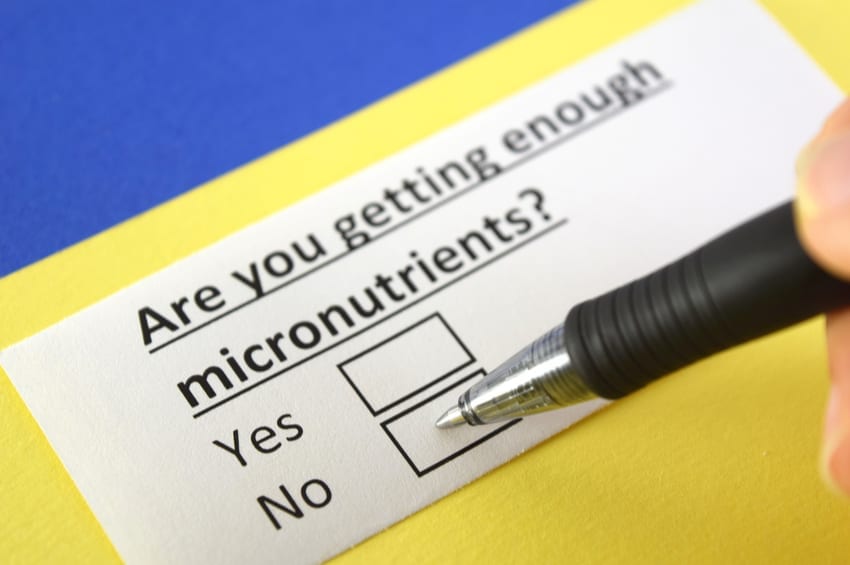
You may know them by the name vitamins and minerals, but whatever you call them, give it up for … micronutrients! In a nutshell, micronutrients are necessary for healthy development, immunity to diseases, and general day-to-day wellbeing. Especially in the COVID-19 era.
Although they are only necessary in minuscule quantities, not having micronutrients can lead to disastrous effects. Even with a restrictive diet like keto, you can still get all of the micronutrients you need. To better understand the role of micronutrients in our lives and within our keto diets, we must explore what they are.
What are Micronutrients?
In a general sense, nutrients are various chemical elements that are required by the human body to sustain itself. The two main categories of nutrients are macronutrients (carbs, proteins, and fats) and micronutrients, which are either vitamins or minerals.
Vitamins are organic micronutrients, and minerals are inorganic ones. While we need macronutrients in large gram amounts, we only need micronutrients in milligram or even microgram quantities. Vitamins are categorized as either water- or fat-soluble. Minerals are classified by the amounts that you need them in, either microminerals (less than 100 mg a day) or macrominerals (more than 100 mg a day). [1]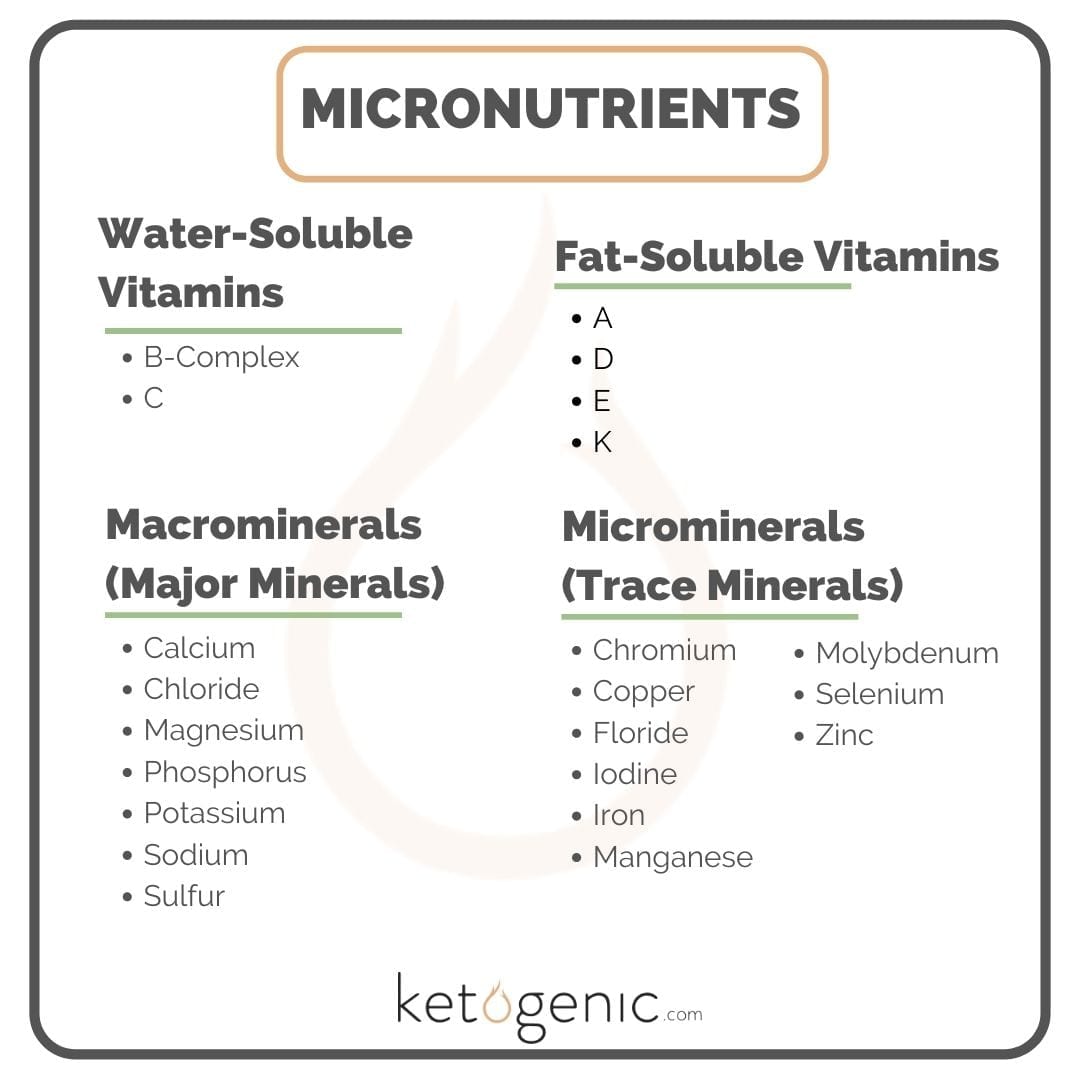
Micronutrients are powerful tools our bodies use to keep all gears turning properly. They ensure healthy growth and fight against diseases. Don’t be fooled by the small quantities required; taking in too little of these essential dietary components makes the difference between a happy, healthy life, and one plagued by constant health issues and, in severe deficiency cases, an untimely death. [2]
Why are micronutrients important?
The role of micronutrients in our lives cannot be understated. Everything from how well our eyes see to how tall we grow depends on our bodies receiving the proper levels of vitamins and minerals. There is no shortage of information on how different vitamins and minerals impact our daily lives, from the Centers for Disease Control outlining several essential micronutrients and their effects, to entire books dedicated to the subject. It’s instructive to anyone following a keto diet to closely examine some of the more critical parts and processes of the body that need these tools to function properly. Let’s look at them now.
1) Brain development
Research has proven that micronutrients act as a powerful agent in developing the brain, especially in our earliest, most vulnerable years. There is a tight window of opportunity from several months before conception extending until a baby is about three years old when these vitamins and minerals have the most impact. If this window is missed and the micronutrient requirements are not met, then the child is likely to suffer lifelong cognitive impairment, poor health, and susceptibility to chronic diseases. [2]As a matter of fact, iodine deficiency is the most common cause of preventable mental impairment worldwide. [2]
2) Immune system support
The immune system needs a multitude of micronutrients to support different functions, including vitamins A, D, C, E, B6, and B12, folate, zinc, iron, copper, and selenium, which often have cooperative interaction at every stage of the immune system’s response efforts. Adequate amounts are essential to ensure the proper function of physical barriers (like the skin and nose hairs) and immune cells. [3]It is a recurring theme that a micronutrient deficiency is the most damaging to our most vulnerable populations — no fewer than 1.1 million children under the age of five die every year as a result of vitamin A and zinc deficiencies alone. [2]
Not receiving enough iron, a mineral essential for motor development, is the leading cause of anemia, which is a disease in which a person lacks enough functioning red blood cells to transport enough oxygen from the lungs to the body’s tissues. Iron-deficiency anemia kills approximately 115,000 pregnant women and 600,000 week-old babies worldwide every year. [2]
How can you increase micronutrient intake on a ketogenic diet?
Sometimes, the diet restrictions required in keto make it challenging to get adequate levels of some micronutrients. In a study that assessed the levels of various micronutrients in a 12-week long ketogenic diet, they found that it is possible to maintain proper intake of most micronutrients if special attention is paid to the selection of foods eaten. [4]So, the best approach (if you don’t want to micromanage the levels of nutrients within every single meal) is to diversify the foods you eat.
To be specific, plenty of nutrient-dense fruits, leafy green vegetables, and various edible seeds ensure that your body has access to micronutrients essential for proper immune system function and full physical, intellectual, and cognitive development. The eggs, poultry, red meats, fish, and other animal-produced foods you should be eating already on keto support the body’s ability to utilize the micronutrients. [2]
If you still have worries about getting proper micronutrient levels after diversifying, sit down with a nutritionist and create a full diet history and current diet assessment. This diet audit will help you determine food preferences, allergies, distastes, and if ongoing nutrition supplementation is needed. It is noteworthy that in this study, calcium was found to be the hardest micronutrient to consistently consume inadequate levels. [5]
Do you have any unique ways to ensure that you’re getting enough micronutrients during keto?
Let us know in the comments below!
References
Morris AL, Mohiuddin SS. Biochemistry, Nutrients. [Updated 2020 Feb 18]. In: StatPearls [Internet]. Treasure Island (FL): StatPearls Publishing; 2020 Jan-.
Sight and Life. (2012). Micronutrients, macro impact: the story of vitamins and hungry world. Basel, Switzerland. Pages 16-45.
Gombart, A. F., Pierre, A., & Maggini, S. (2020). A Review of Micronutrients and the Immune System–Working in Harmony to Reduce the Risk of Infection. Nutrients, 12(1), 236. doi: 10.3390/nu12010236.
Kenig, S., Petelin, A., Vatovec, T. P., Mohorko, N., & Jenko-Pražnikar, Z. (2019). Assessment of micronutrients in a 12-wk ketogenic diet in obese adults.Nutrition, 67-68, 110522. doi: 10.1016/j.nut.2019.06.003
Zupec-Kania, B., & Zupanc, M. L. (2008). Long-term management of the ketogenic diet: Seizure monitoring, nutrition, and supplementation. Epilepsia, 49, 23–26. doi: 10.1111/j.1528-1167.2008.01827.x


